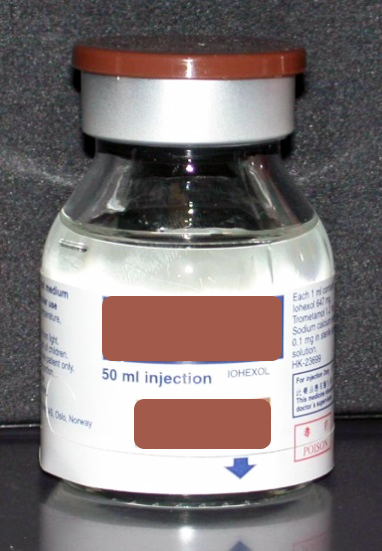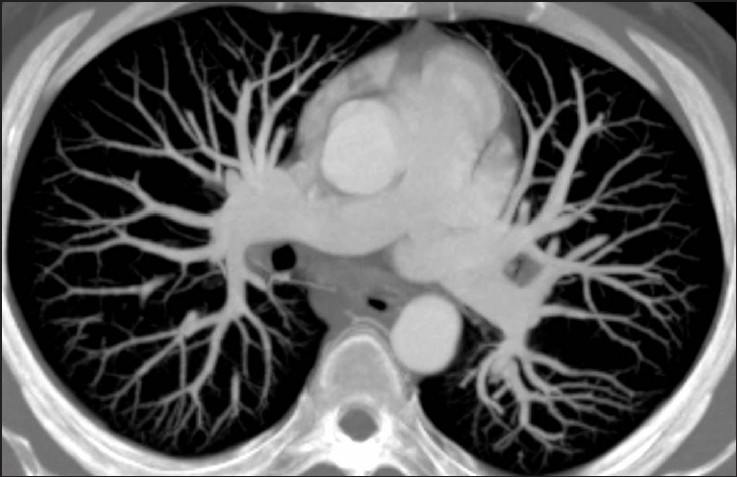What Is Allergy?
- Allergy means a change of activity. It is also known as hypersensitivity reactions which occur when the immune system reacts to a foreign body that enters the body [1].
- Allergic reactions:
* minor (e.g. nausea, dizziness).
* major (e.g. difficulty in breathing and discomfort in the chest).
* occurring immediately or a few minutes after exposure to the allergens.
* occurring after a few days or weeks.
What Are The Causes?
Among the causes of allergy are:
- Plants
It is a symptom that occurs after exposure to seasonal pollen in the air.
- Food
All foods have the potential to cause allergy, but in most cases allergies are caused by certain ingredients only. Foods commonly associated with allergies are [1]:
– eggs
– milk
– wheat
– nuts (especially peanuts)
– fish, prawns and other seafood
- Medicines
Allergy to medicines is due to a hypersensitive immune system. Penicillin and related antibiotics are the most common cause of allergies. [1]
What Is The Relationship Between Your Allergies And The X-ray Examination?
- Contrast media used during X-ray examinations may cause allergy.
o Contrast media as shown in picture 1, is the material used to enhance body structures as shown in picture 2.
o It is usually administered through a blood vessel or diluted with water and taken orally. The method of administering the contrast medium depends on the type of examination to be performed.
Picture 1: Contrast Medium.
Source: thepainsource.com/radiopaque-contrast-use-in-pain-medicine
Picture 2: CT Pulmonary Angiography with contrast.
Source: www.lungindia.com/viewimage.asp?img=LungIndia_2013_30_4_365_120627_f3.jpg)
o If you have a history of allergy, there are some measures that must be followed before, during and after the X-ray examination using contrast media.
o The contrast media may cause adverse reaction if the required measures are not followed.
o Usually, you will be given some medication (steroids) to be taken prior to the examination.
Patients At Risk To An Allergic Reaction To Contrast Media Are:
- Patient with history of anaphylactic reaction
- Patient with history of asthma.
- Patient with allergy to certain food and medicines.
Caution: if you belong to any of the above categories, please inform your doctor and the radiographer on duty on the day of the examination.
What Are The Signs And Symptoms Of An Allergic Reaction To Contrast Media?
- Common signs and symptoms of allergic reactions seen are:
– Itchiness and rashes on the skin followed by swelling
– Itchiness and swelling of the lips and mouth
– Nausea
– Vomiting
– Itchiness and watery eyes
– Difficulty in breathing
– Discomfort in chest area
– Dizziness
- These are commonly seen in cases involving allergy to seafood, although allergy can be caused by any food.
What Treatment Will Be Given In The Event Of An Allergic Reaction To Drugs (Contrast Media)?
If you experience any of the symptoms of allergy to contrast media, please contact your doctor for appropriate treatment.
- The hospital is always ready in the event of any emergency related to contrast media.
- Antihistamine will be given for minor reactions such as itchiness and rashes on the skin. More intensive treatment will be given for cases of difficulty in breathing and discomfort in the chest area, dizziness or other major reactions.
As A Patient, What Are The Preventive Measure You Need To Take?
- The safest measure to reduce risk of an allergic reaction to contrast media is to follow all instructions and preparation of patient given when making the appointment.
- Take medication as adviced by your doctor (if necessary).
- You need to inform your doctor and radiographer on duty if you have any previous history of allergic reaction or asthma.
- Your full cooperation is necessary to avoid untoward incidents.
Reference
- Sulastri, (2004), Alahan Makanan, Pusat Racun Negara, Universiti Sains Malaysia.
- thepainsource.com/radiopaque-contrast-use-in-pain-medicine (20 Jan 2014).
- www.lungindia.com/viewimage.asp?img=LungIndia_2013_30_4_365_120627_f3.jpg (20 Jan 2014).
| Last Reviewed | : | 5 January 2017 |
| Translator | : | Daud bin Ismail |
| Accreditor | : | Irene Tong Lee Kew |









